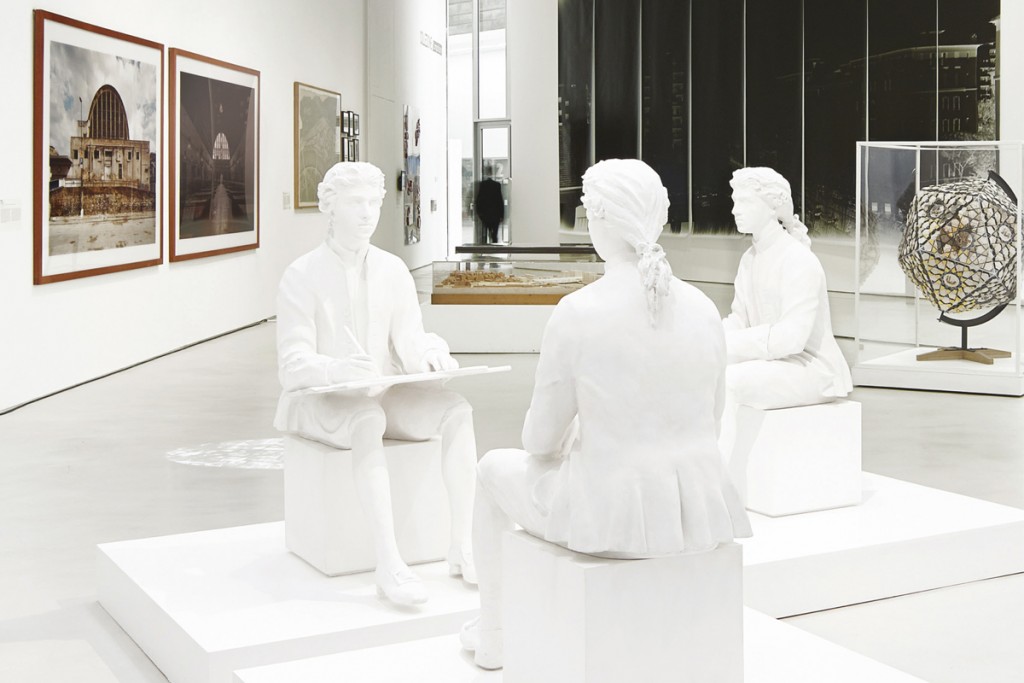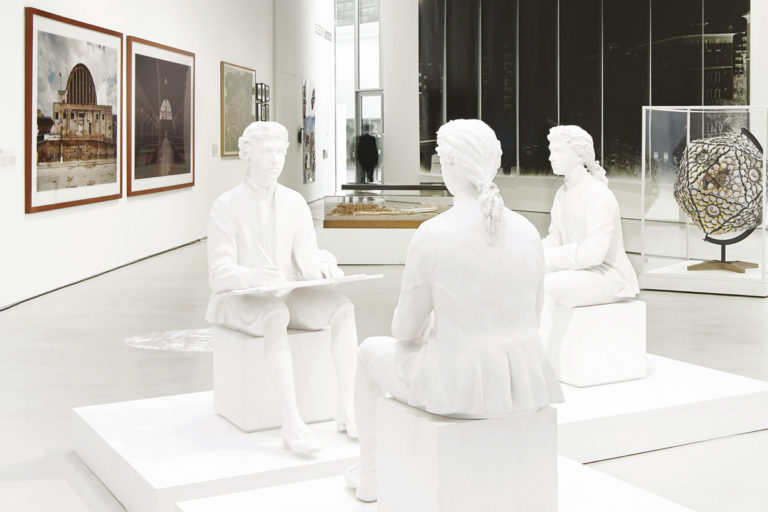The Histories of Art.On the principles of filmic composition | Seminar with Yervant Gianikian and Angela Ricci Lucchi
other events of the Le storie dell'arte 2016 cycle

Monday closed
Tuesday to Sunday 11 am – 7 pm
Tuesday 24 December 11 am > 4 pm
Monday 25 December closed
Tuesday 31 December 11 am > 4 pm
Wednesday 1 January 11 am > 7 pm
Monday 6 January 11 am > 8 pm
for young people aged between 18 and 25 (not yet turned 25); for groups of 15 people or more; La Galleria Nazionale, Museo Ebraico di Roma ticket holders; upon presentation of ID card or badge: Accademia Costume & Moda, Accademia Fotografica, Biblioteche di Roma, Centro Sperimentale di Cinematografia, Enel (for badge holder and accompanying person), FAI – Fondo Ambiente Italiano, Feltrinelli, Gruppo FS, IN/ARCH – Istituto Nazionale di Architettura, Sapienza Università di Roma, LAZIOcrea, Palazzo delle Esposizioni, Amici di Palazzo Strozzi, Accademia Nazionale di Santa Cecilia, Scuola Internazionale di Comics, Teatro Olimpico, Teatro dell’Opera di Roma, Teatro di Roma, Università degli Studi di Roma Tor Vergata, Youthcard; upon presenting at the ticket office a Frecciarossa or a Frecciargento ticket to Rome purchased between 27 November 2024 and 20 April 2025
valid for one year from the date of purchase
minors under 18 years of age; disabled people requiring companion; EU Disability Card holders and accompanying person; MiC employees; myMAXXI cardholders; registered journalists with a valid ID card; European Union tour guides and tour guides, licensed (ref. Circular n.20/2016 DG-Museums); 1 teacher for every 10 students; AMACI members; CIMAM – International Committee for Museums and Collections of Modern Art members; ICOM members; journalists (who can prove their business activity); European Union students and university researchers in art history and architecture, public fine arts academies (AFAM registered) students and Temple University Rome Campus students from Tuesday to Friday (excluding holidays); IED – Istituto Europeo di Design professors, NABA – Nuova Accademia di Belle Arti professors, RUFA – Rome University of Fine Arts professors; upon presentation of ID card or badge: Collezione Peggy Guggenheim a Venezia, Castello di Rivoli Museo d’Arte Contemporanea, Sotheby’s Preferred, MEP – Maison Européenne de la Photographie; on your birthday presenting an identity document
MAXXI’s Collection of Art and Architecture represents the founding element of the museum and defines its identity. Since October 2015, it has been on display with different arrangements of works.


6 Jan 2025 12.00 pm
guided toursGuido GuidiCol tempo, 1956-2024
6 Jan 2025 04.30 pm
MAXXI for familiesOggetti incredibili e come progettarli
14 Jan 2025 06.00 pm
lectureMongolian Buddhist Art and Zanabazarby Geshe Lharampa Javzandorj Dulamragchaa
14 Jan 2025 06.30 pm
lectureIn movimento: danza, coreografia, architetturawith Susanne Franco

MAXXI Auditorium – admittance €5.00; admittance to 5 seminars €20.00; free for myMAXXI card holders. The purchase of a ticket allows for reduced price museum entrance (€8.00) within one week of issue.
Five seminars with international philosophers, composers, artists, choreographers and writers to explore and comprehend the expressive idioms of contemporary creativity.
At the heart of a certain way of working on the image there is an imaghe and not the reality we have before our eyes. The fourth seminar focuses on the theme of filmic composition starting out from the technical term found footage used by Yervant Gianikian and Angela Ricci to allude to the process of “finding” something in an image that already exists, a process that implies, on the one hand, a certain exposure to the contingency of hazard (it is found in that clip, under those circumstances), and on the other, in contrast, a clear desire to resignify through the use of colour and sound or through the manipulation of time. It is actually this dialectic of time – of times – that comes to the fore: between the meaning that a certain image had, at the time it was made, and that it takes on today, in being reproposed. A dialectic that involves questions, perhaps ethical and political more than aesthetic.
Yervant Gianikian and Angela Ricci Lucchi, of Armenian and Romagnola Italian origins respectively, have lived and worked together since the 1970s. They debuted with performances written for “perfumed films”.
The Histories of Art. On the principles of composition
13 February – 21 May 2016
Now returning in its fourth edition, The Histories of Art is a series of seminars dedicated to the history of contemporary art from 1960 to the present day, organized according to chronological and thematic issues dealing with the last 40 years of artistic research and production. The seminars are led by critics, gallerists, curators, artists and university lecturers.
Introductions by Andrea Cortellessa.